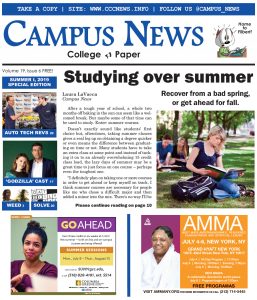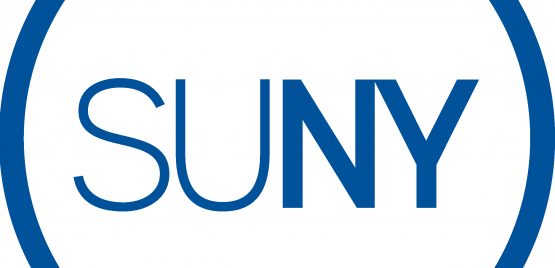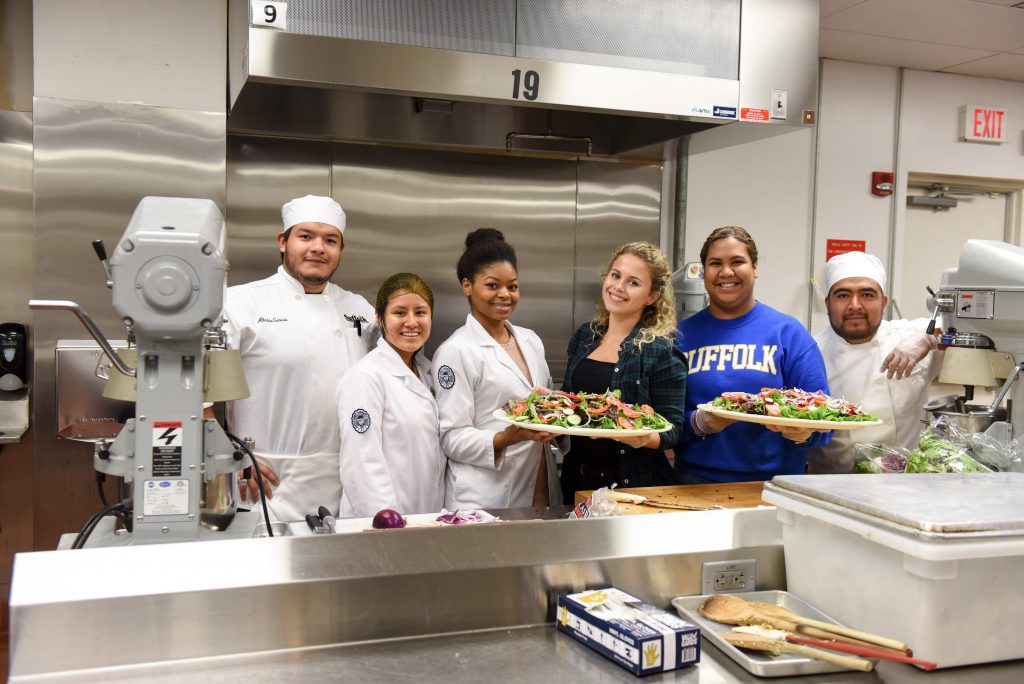State University of New York Board of Trustees today announced several leadership and finance actions, including the appointed interim presidents to Stony Brook University and SUNY Fredonia, acting president to Fulton-Montgomery Community College, and a permanent dean of New York State School of Industrial and Labor Relations at Cornell University.
Additionally, the Board of Trustees took action to fund investment in student services, such as advising and mental health, graduate student stipends, and support ongoing operations including its digital learning infrastructure by approving minimal annual increases to tuition and fees. At state-operated campuses the approved tuition and fee increase is $225, below the national average of $270, and at its four university centers, the increase is $350, which remains competitive among the 60 member institutions of the Association of American Universities, leaders in research and innovation in the United States and Canada.

With these changes, the cost of tuition and fees at SUNY is still lower than 28 other state public higher education institutions. In addition, 16 SUNY campuses are ranked in the top 10 percent nationwide for their success in achieving student social mobility, which measures how a college helps economically disadvantaged students graduate into good paying jobs. Six SUNY campuses, including the four university centers, are also in the top 10 percent for upward mobility as the fraction of its students who came from the bottom 20 percent of the income distribution end up in the top 20 percent.
Despite these modest increases, existing State (Tuition Assistance Program and Excelsior Scholarship) and SUNY (SUNY TAP) programs are expected to help mitigate additional costs to lower income students, while the Board has directed SUNY to work with campuses to ensure that increases do not impact accessibility and that campuses remain an affordable and high quality education for New Yorkers.
Campus Leadership Appointments
Stony Brook University Interim President, Dr. Michael Alan Bernstein
Dr. Bernstein’s appointment as interim president of Stony Brook University is effective on August 1, 2019. He has served as provost and senior vice president for Academic Affairs, as well as professor of Business, Economics, and History at Stony Brook University since 2016. Prior to that, he held academic and administrative posts at Tulane University, the University of California, San Diego, Princeton University, and served as a lecturer/instructor at Yale University Mills College and the University of Cambridge. Dr. Bernstein has also worked as a staff economist for the United States Department of Energy.
He holds a doctorate in economics, and a masters of arts and bachelor of arts all from Yale University.
SUNY Fredonia Interim President, Dr. Dennis Hefner
Dr. Hefner’s appointment is effective July 1, 2019. He has a distinguished record of service at SUNY, including as former president of SUNY Fredonia and interim president at SUNY Potsdam. Under his leadership, SUNY Fredonia expanded enrollment by 20 percent, improved SAT scores by nearly 90 points, successfully completed two capital campaigns, brought external grant funding to an all-time high, and implemented New York’s first four-year graduation guarantee program.
He received his doctorate and master of arts in economics from Washington State University, and a bachelor of arts in economics from California State University, Chico.
Fulton-Montgomery Community College Acting President, Dr. Gregory Truckenmiller
Dr. Truckenmiller’s appointment is effective August 1, 2019. Over the past 19 years, he has served in various high profile leadership capacities at Fulton-Montgomery Community College. He is currently the provost and vice president for Academic Affairs, and has held that position since 2009. Additionally, Dr. Truckenmiller has served as acting provost and vice president for Academic Affairs; dean of Arts & Sciences; acting vice president and dean of the college; Interim Dean for Academic Affairs; among other roles.
He earned both his doctorate in Higher Education and his bachelor of arts in History from the University of Iowa.
Dean of New York State School of Industrial and Labor Relations at Cornell University, Dr. Alexander J. S. Colvin
Dr. Colvin has been interim dean of the school since 2018 and transitions as the permanent dean effective today by the Board’s appointment. Previously, he served at the school as associate dean for academic affairs, diversity, and faculty development and as the Martin F. Scheinman Professor of Conflict Resolution. He is also an associate member of the Cornell University law faculty. Dr. Colvin joined the New York State School of Industrial and Labor Relations in 2008 and previously served as an associate professor, professor and chair of the department of labor relations, law and history.
He received a doctorate from the New York State School of Industrial and Labor Relations at Cornell University, an M.I.R. from the Centre for Industrial Relations at the University of Toronto, a juris doctorate from the University of Toronto, and a bachelor of science from the University of Toronto.
SUNY Chancellor has assembled a search committee to recruit a permanent president at each campus, as well as for Niagara County Community College following the Board of Trustees’ reappointment of Dr. William Murabito as interim president.

Tuition and Fees
Under current State Education Law, SUNY’s Board of Trustees is authorized to increase resident undergraduate tuition rates at its state-operated campuses by $200, which it has voted to do so for the 2019-20 academic year. This increase does not impact students from low income households receiving full aid from TAP or Excelsior Scholarship recipients whose tuition is set at 2016-2017 levels.
The Board also approved the ability for non-University Center State-operated campuses to increase fees at all campuses by $25 and an increase of $150 at SUNY’s four research university centers. These increases were approved to enable all campuses to support student services and ongoing operations including support for graduate student stipends, investing in digital learning infrastructure for classroom and research laboratories and funding for mental health services.








Facebook Comments